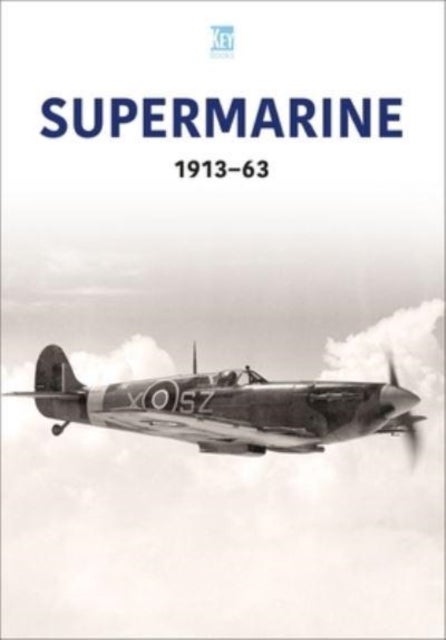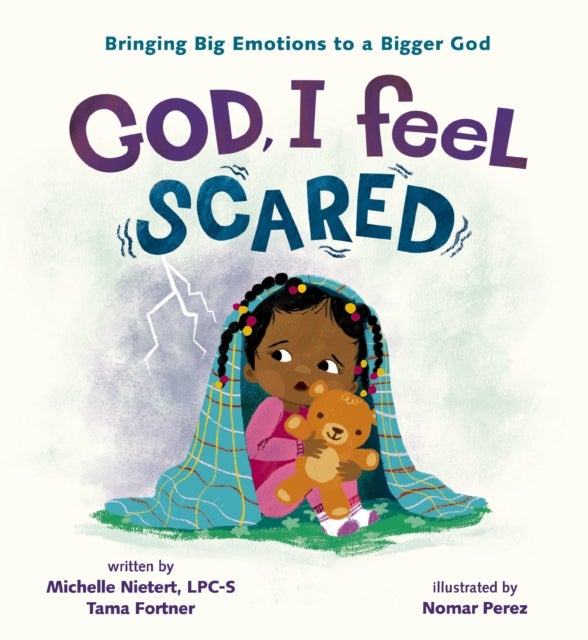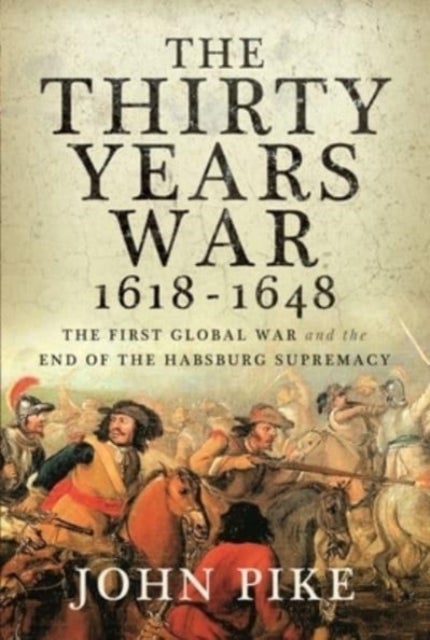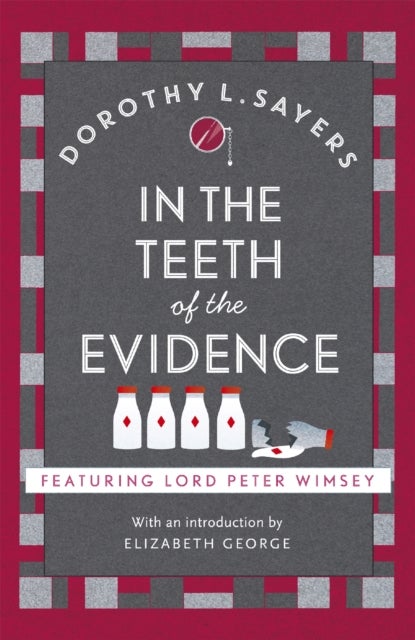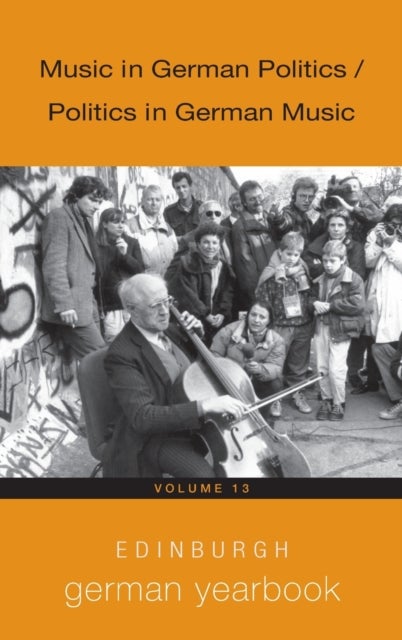
Edinburgh German Yearbook 13
1069,-
A particularly iconic image of German Reunification is that of Mstislav Rostropovich playing J. S. Bach''s cello suites in front of the Berlin Wall on November 11, 1989. Thirty years on, it is timely to reconsider the crossfertilization of music and politics within the German-speaking context. Frequently employed as a motivational force, a propaganda tool, or even a weapon, music can imbue a sense of identity and belonging, triggering both comforting and disturbing memories. Playing a key role in the formation of <i>Heimat</i> and "Germanness," it serves ideological, nationalistic, and propagandistic purposes conveying political messages and swaying public opinion.<br/>This volume brings together essays by historians, literary scholars, and musicologists on topics concerning the increasing politicization of music, especially since the nineteenth century. They cover a broad spectrum of genres, musicians, andthinkers, discussing the interplay of music and politics in "classical" and popu


